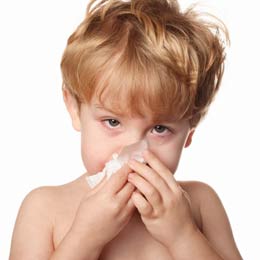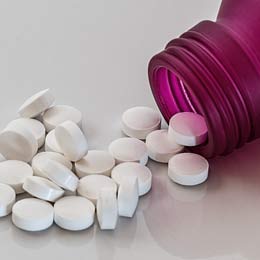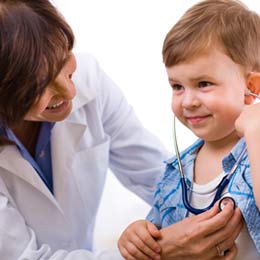Family Checklist - From your school nurse.
For All Parents and Guardians
- Make sure immunizations are up-to-date.
- Review hygiene tips to prevent the spread of infections.
- Establish a bedtime and wake-up time to ensure adequate and consistent sleep.
- Develop a routine for homework and after school activities.
- Eat breakfast each day at home or at school.
- Help make appropriate clothing choices (for example, wear comfortable and safe shoes).
- Keep an open line of communication with your child to ensure that he/she remains safe at school. If a concern arises (such as bullying), contact the appropriate school officials immediately.
- Get involved! Sign up for the parent organization (PTA/PTO), school Wellness Committee, and mark events such as back-to-school night and parent/teacher meetings on your calendar.
- Ask about the school or district’s wellness policy (for example, how does the school address nutrition, activity, stress and mental health concerns).
- Advocate for your child to have a school nurse all day, every day by communicating this message to school administrators and decision-makers.
If Your Student Has a Health Concern
- Make your child’s health concern known to the school and school nurse.
- Introduce yourself and your child to the school nurse.
- Bring current signed healthcare provider orders for treatments and all medications to be given at school. Bring the medication in the original pharmacy container.
- Together with the school nurse and other appropriate school officials, and family develop an individualized healthcare plan (or other educational plans, as needed, e.g., 504, IEP).
- Give permission for the school nurse to communicate with your family’s healthcare provider.
- Provide parent/guardian contact information and update the school with any changes.
- Ask if non-nurses will be providing care (for example, verify who will administer medication) and how these authorized individuals will be supervised.
- Confirm the school’s disaster/emergency plan. Make sure your child’s medication and/or medical devices (epinephrine auto-injectors, asthma inhalers, insulin, etc.) will be readily available in an emergency.
- Let the school know how important it is to have a full-time registered school nurse in the building all day, every day.









